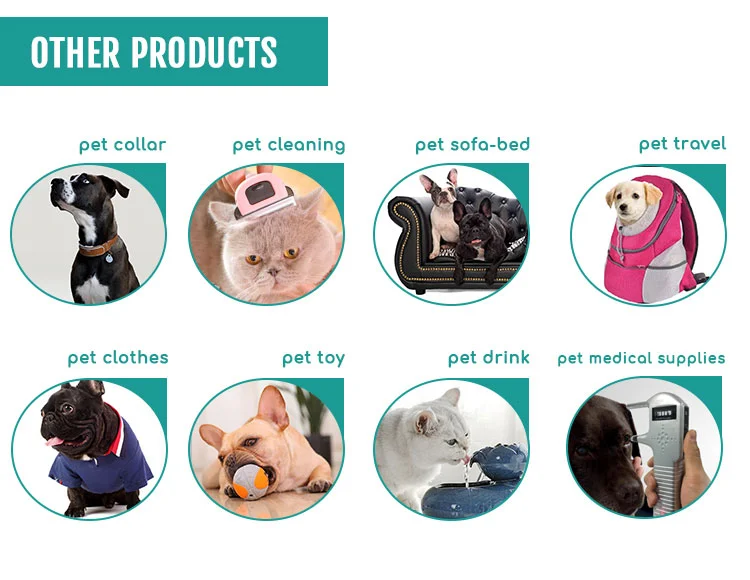Pet Safety in Winter: Essential Tips for Cold Weather
As the temperature drops and the snow begins to fall, it's crucial to ensure that our furry friends stay safe and cozy during the winter months. With the co……
As the temperature drops and the snow begins to fall, it's crucial to ensure that our furry friends stay safe and cozy during the winter months. With the cold weather posing potential threats to pets, it's essential to take proactive measures to keep them warm, dry, and healthy. Here are some essential tips for pet safety in winter:
1. **Winter Proof Your Home**: Before the cold sets in, make sure your home is winter-proofed. Check for any drafts or gaps that could allow cold air to enter, and seal them with weather stripping or caulk. This will help maintain a warm and comfortable environment for your pets.
2. **Provide Adequate Shelter**: For outdoor pets, it's crucial to provide them with a warm and dry shelter. This could be a dog house, a cat tree, or a covered area where they can retreat from the cold and wind. Make sure the shelter is insulated, and the bedding is thick and dry to prevent moisture buildup.

3. **Keep Them Warm**: In cold weather, pets can suffer from hypothermia and frostbite. To prevent this, make sure they have access to warm bedding and blankets. For outdoor pets, consider providing heated beds or placing heating pads under their bedding.
4. **Hydration is Key**: Cold weather can dehydrate pets just as easily as hot weather. Make sure fresh water is always available, even in the winter months. Consider using a heated water bowl to keep the water from freezing.
5. **Watch for Signs of Hypothermia and Frostbite**: In extreme cold, pets are at risk of developing hypothermia and frostbite. Signs of hypothermia include shivering, weakness, and lethargy, while frostbite can cause discoloration and swelling of the ears, nose, or paws. If you notice any of these symptoms, take your pet to the vet immediately.

6. **Protect Their Paws**: Cold weather can be tough on a pet's paws. Moisture and snow can lead to painful and infectious conditions like frostbite and ice ball disease. To protect their paws, consider using booties or applying pet-safe de-icing products to the paws.
7. **Monitor Their Activity**: In the winter, pets may be less active due to the cold weather. It's important to monitor their activity levels and ensure they are still getting enough exercise. Even in the cold, pets still need to move around and stay active to maintain their health.
8. **Antifreeze and Poison Control**: Antifreeze is a common danger during the winter months. It's essential to keep it out of reach of pets and to clean up any spills immediately. If you suspect your pet has ingested antifreeze, seek veterinary care immediately.

By taking these essential steps, you can help ensure that your pets stay safe and healthy during the winter months. Remember, pets are more susceptible to winter weather than humans, so it's crucial to take extra precautions to keep them warm, dry, and safe. With a little effort and attention, you can help your pets enjoy the winter season as much as you do.